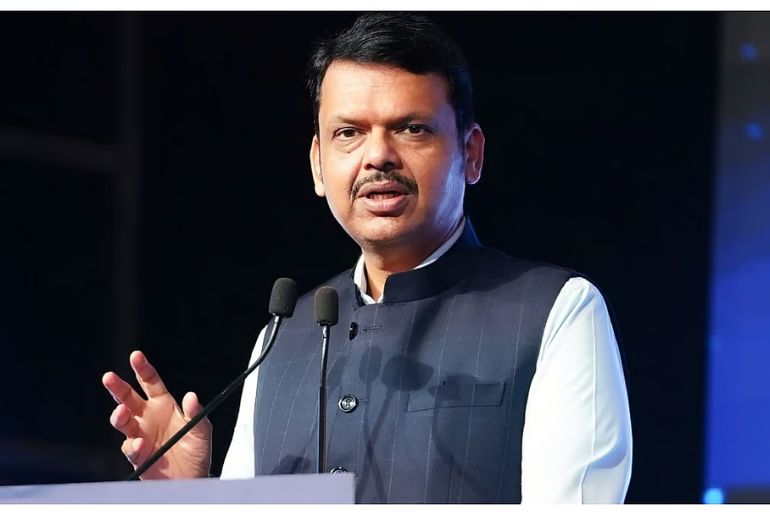In a major move towards improved commuter security and green transport, the Maharashtra cabinet approved two crucial policies: the Aggregator Policy for app-based transport services and the Maharashtra Electric Vehicle (EV) Policy 2025. Chief Minister Devendra Fadnavis chaired the cabinet meeting.
The new EV policy that has been approved recently aims to significantly enhance the production and application of electric cars across the state and will run until 2030.
Following are the major changes and provisions from the new Maharashtra EV Policy:
Budgetary Allocation: Rs 1,993 crore of budget allocated to implement the policy for the next five years.
Focus Areas:
- Augmenting charging infrastructure.
- Decreasing vehicular emissions.
- Encouraging eco-friendly modes of transportation.
Emission Reduction Targets: Target to reduce carbon and greenhouse gas emissions from transport by 2030 in the Clean Mobility Transition Model.
Incentives for EV Adoption:
Motor Vehicle Tax, Registration Fee, and Renewal Charge Waived: For all electric vehicles purchased and registered in Maharashtra.
Subsidies for Purchase of EV:
- Maximum 10% subsidy on the cost of the base vehicle for electric two-wheelers, three-wheelers, non-transport four-wheelers, and public transport buses.
- 15% subsidy for commercial electric vehicles such as three-wheelers, transport four-wheelers, light goods carriers, tractors, and harvesters.
- Charging Infrastructure Development: Charging points to be installed every 25 km on state and national highways.
Toll Waiver and Concessions:
- 100% toll exemption for electric four-wheelers and buses on prominent expressways, such as Mumbai-Pune Expressway, Atal Setu, and Samruddhi Mahamarg.
- 50% discount on tolls for other highways managed by the Public Works Department.
- This policy facilitates the adoption of electric vehicles and is expected to bring down the carbon footprint of Maharashtra’s transport sector considerably.
The government formulated the state’s first comprehensive aggregator policy for app-based vehicle services, like bike taxis and taxis, along with the EV policy. The move is as per Supreme Court directions and tries to enhance passenger safety. Aggregators need to meet IT Act requirements, ensure real-time GPS tracking, emergency numbers, background check for drivers, and mandatory training in the new policy. Extra precautions will ensure that female passengers who prefer ride-pooling are matched solely with female drivers or co-passengers.
Moreover, a special grievance redressal mechanism for drivers and passengers would be established by the state. Special publications will hold the detailed guidelines for implementing the Aggregator Policy. With these orders, Maharashtra is making a big push for inclusive, sustainable, and technology-driven mobility.

